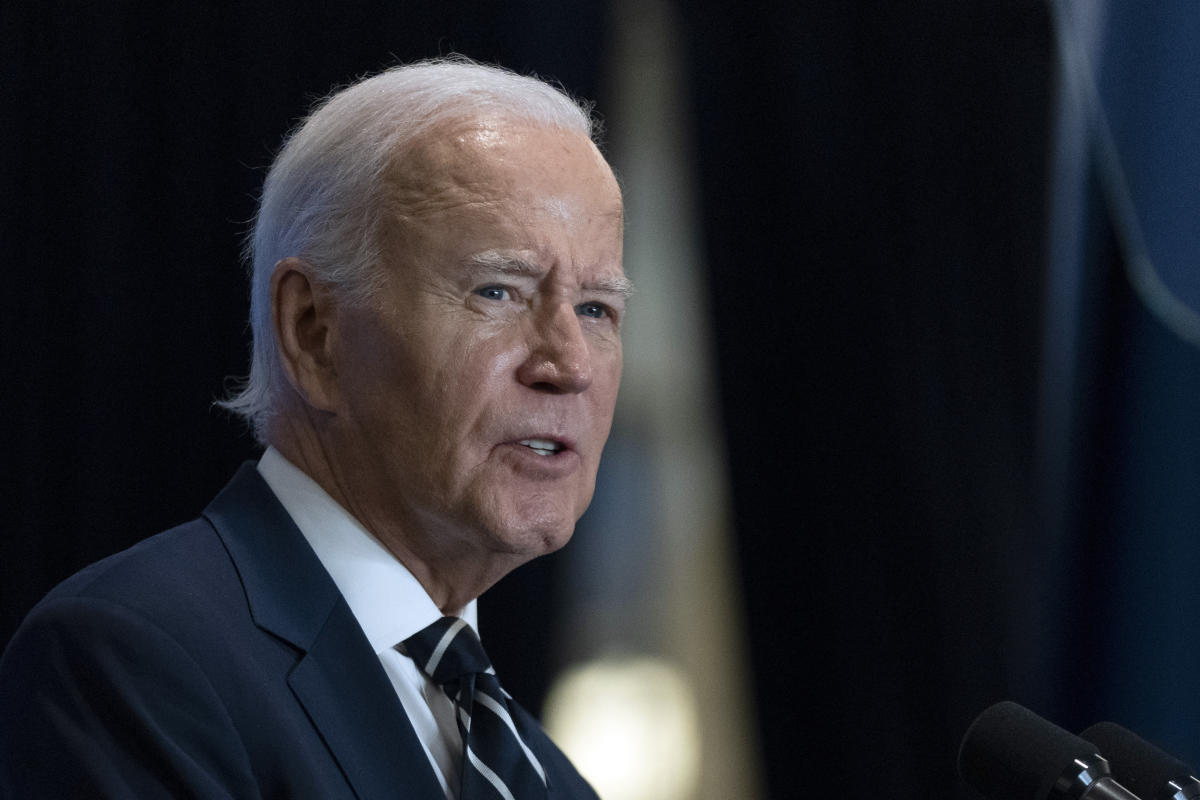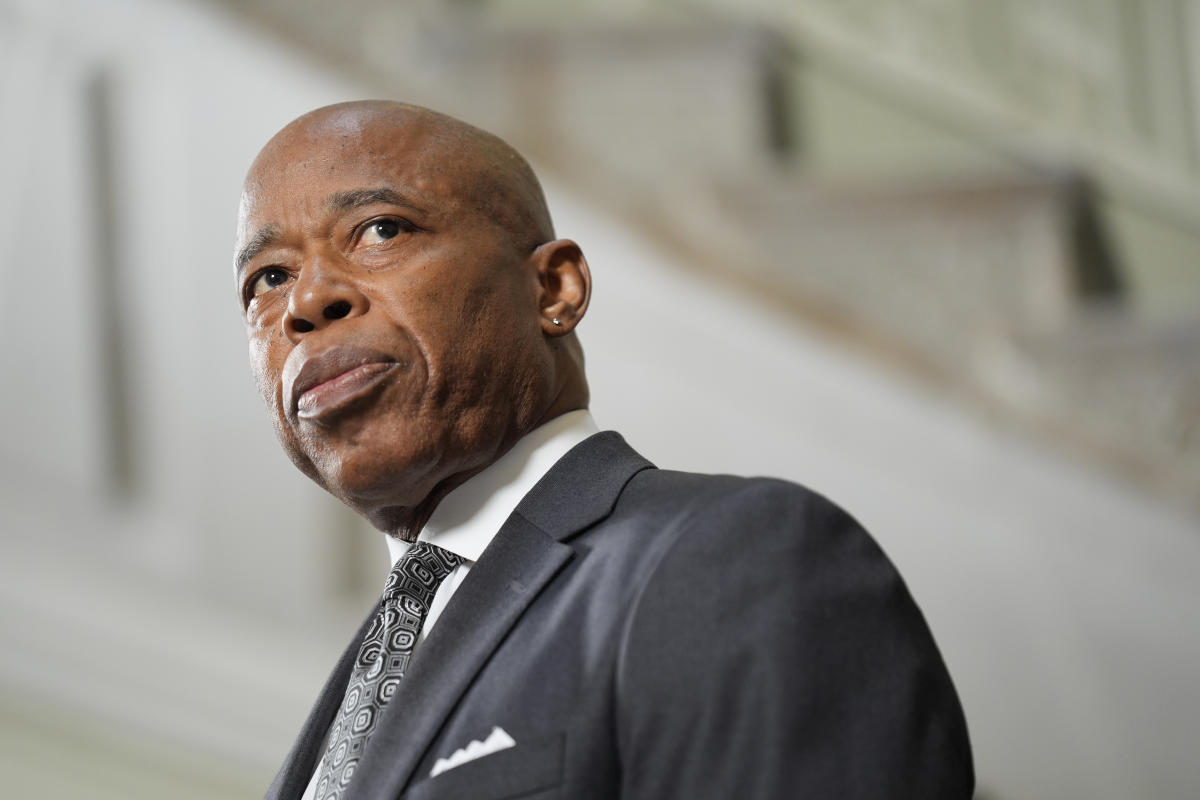Kamala Harris has called for an end to the Senate filibuster to make good on her pledge to restore the right to abortion through legislation.
The US vice-president, herself a former senator, told a radio station in Wisconsin that eliminating the filibuster – which sets a 60-vote threshold in the 100-seat upper chamber of the US Congress – would be necessary to codify the rights that were enshrined in Roe v Wade, the 1973 supreme court ruling that upheld the right to legal abortion throughout the US until it was overturned by a ruling two years ago.
“I think we should eliminate the filibuster for Roe and get us to the point where 51 votes would be what we need to actually put back in law the protections for reproductive freedom, and for the ability of every person and every woman to make decisions about their own body – and not have their government tell them what to do,” Harris told WPR, an affiliate of National Public Radio, on a campaign trip to Wisconsin, a key midwestern swing state where she has a wafer-thin lead over Donald Trump, according to recent polls.
Her remarks accentuated her determination to put abortion rights at the heart of her campaign message amid polling evidence that it is a priority for many women voters.
However, it cost her the support of the outgoing West Virginia senator, Joe Manchin – a former Democrat who left the party this year to become an independent – who said he would not endorse her candidacy because of her pledge.
“Shame on her,” Manchin, who is retiring from the Senate at the end of the year, told CNN. “She knows the filibuster is the holy grail of democracy. It’s the only thing that keeps us talking and working together. If she gets rid of that, then this would be the House on steroids.”
Trump has been on the defensive on abortion because the 2022 supreme court ruling was achieved with the votes of three conservative justices he appointed to the bench when he was president. Harris has claimed that Trump would sign a nationwide ban if he re-captured the White House, although he insists he would leave it to individual states.
Harris’s use of a radio interview to underline her commitment follows criticism that she was deliberately avoiding high-profile interviews – a charge Harris has sought to counter by making herself available to selected media in battleground states.
Trump told a rally in Pennsylvania on Monday that he would be women’s “protectors” and that they would not “be thinking about abortion” if he won a second term.
Harris’s filibuster remarks echoed a similar comment by Joe Biden immediately after Roe v Wade was struck down, when he said an exception to the time-honoured Senate rule had to be made to guarantee abortion rights.
“I believe we have to codify Roe v Wade in the law,” he said. “And the way to do that is to make sure the Congress votes to do that. And if the filibuster gets in the way, it’s like voting rights – it should be (that) we provide an exception to this … requiring an exception to the filibuster for this action to deal with the supreme court decision.”
Harris has previously advocated overriding the filibuster to pass additional voting rights laws and Green New Deal legislation.
In 2020, Barack Obama described the filibuster as a “Jim Crow relic” from America’s racially segregated past and argued that it should be eliminated if used to block voting reform.
The filibuster describes the use of prolonged debate to delay or prevent a vote on a bill. It can be invoked by any senator objecting to a bill and has been used with increasing regularity in recent decades.
It can only be overridden by triggering “cloture”, which requires a three-fifths majority vote – or 60 of the 100 senators. If cloture passes, it enables a vote on the original measure the filibuster was designed to block.
The longest filibuster in Senate history was achieved by Strom Thurmond, the pro-segregationist South Carolina senator, when he spoke for 24 hours and 18 minutes in an effort to block civil rights legislation in 1957.
Thurmond’s speech – described by his biographer as a “urological mystery” – was reportedly achieved with help of prior steam baths to dehydrate his body and preclude the need for regular bathroom breaks. He was also reported by a staffer to have had himself fitted with a catheter to relieve himself while he spoke.

 German (DE)
German (DE)  English (US)
English (US)  Spanish (ES)
Spanish (ES)  French (FR)
French (FR)  Hindi (IN)
Hindi (IN)  Italian (IT)
Italian (IT)  Russian (RU)
Russian (RU)  3 hours ago
3 hours ago
























Comments